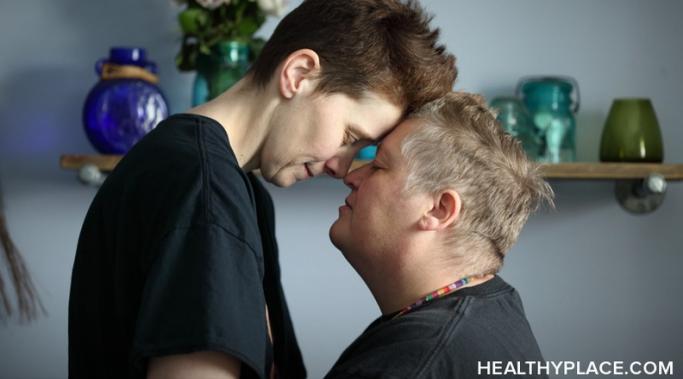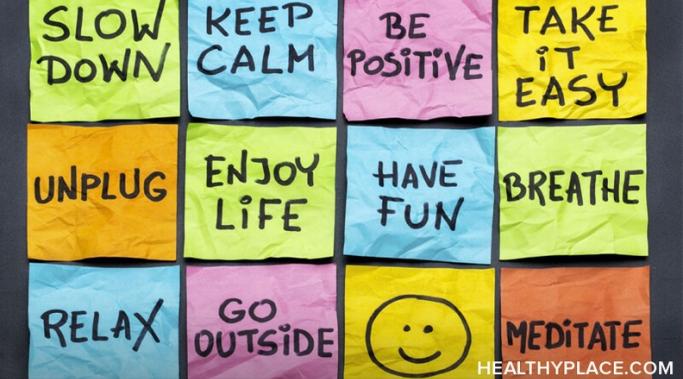I worry that my brother will die by suicide. Even typing those words feels frighteningly intimate because this very real fear is an unspoken one in our family. (This post contains a trigger warning.)
People with Mental Illness
Making healthy boundaries with a mentally ill family member is a key step for your self-care as a supporter. Read on to learn more about the kinds of boundaries I have with my brother, who has chronic depression and anxiety.
Mental illness in the media can cause widespread public discussion. If you have real-life experience of mental illness, others may try to engage you in a conversation about media coverage, not realizing your story. I often find myself becoming upset by comments made by others on mental illness in the media because of my brother's chronic anxiety and depression.
When we were little, I spoke on behalf of my brother a lot because he had a speech delay. He would regularly mix up or mispronounce his words, and I would find myself acting as some sort of amateur translator when he spoke to anyone outside our immediate family. My most commonly used phrase was, "What he's trying to say is . . ."
This past weekend, my brother and I were reunited after quarantine -- seeing each other in person for the first time since March. He drove over to my house and met my new puppy, and we spent the day walking, eating, and generally catching up.
I spoke a little bit in my last video post about how my family all had different ways of supporting my mentally ill brother when he was first diagnosed with anxiety and depression. What started as a reason to argue has turned into one of our greatest strengths as a family – how lucky are we to have so many different types of support to offer our loved one and each other?
My family members each have a different supportive style when it comes to my brother's mental illness. In the early days of his depression and anxiety diagnosis, we used to judge each other for these differences -- each of us believed that our approach was the best one. I am looking at supportive styles differently, now.
There are so many different schools of thought on how to support someone who is mentally ill. In the early days of my brother's diagnosis, I frantically researched the best ways to help him and found myself entirely overwhelmed with all the conflicting information that's out there. One blog would tell me to listen to him talking about his anxious thoughts, the next would tell me to redirect the conversation to avoid fixation. One blog would encourage me to design a routine where the family had coffee together every morning, the next would say to remove all caffeine-based stimulants from the house. I didn't know who to listen to.
In the efforts to support your family member with his or her mental illness, it is easy to stray into the unhelpful territory of micromanaging symptoms. I know this because it's a mistake that I made with my own brother.
Since my brother was diagnosed with anxiety and depression, all types of people have tried to give him advice on his mental health symptoms. Many of these people have no experience of a mental health diagnosis themselves -- and while they mean well, their mental health advice could actually exacerbate depression and anxiety symptoms if my brother followed it.









